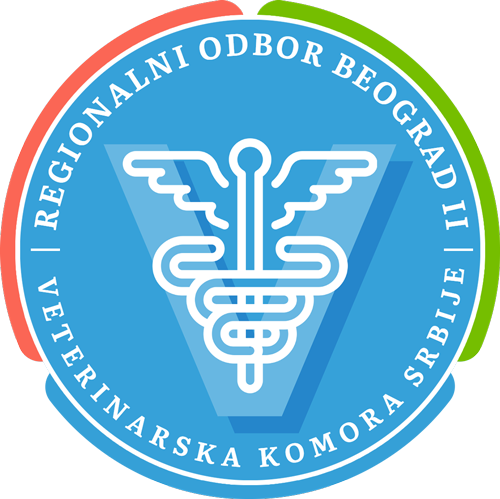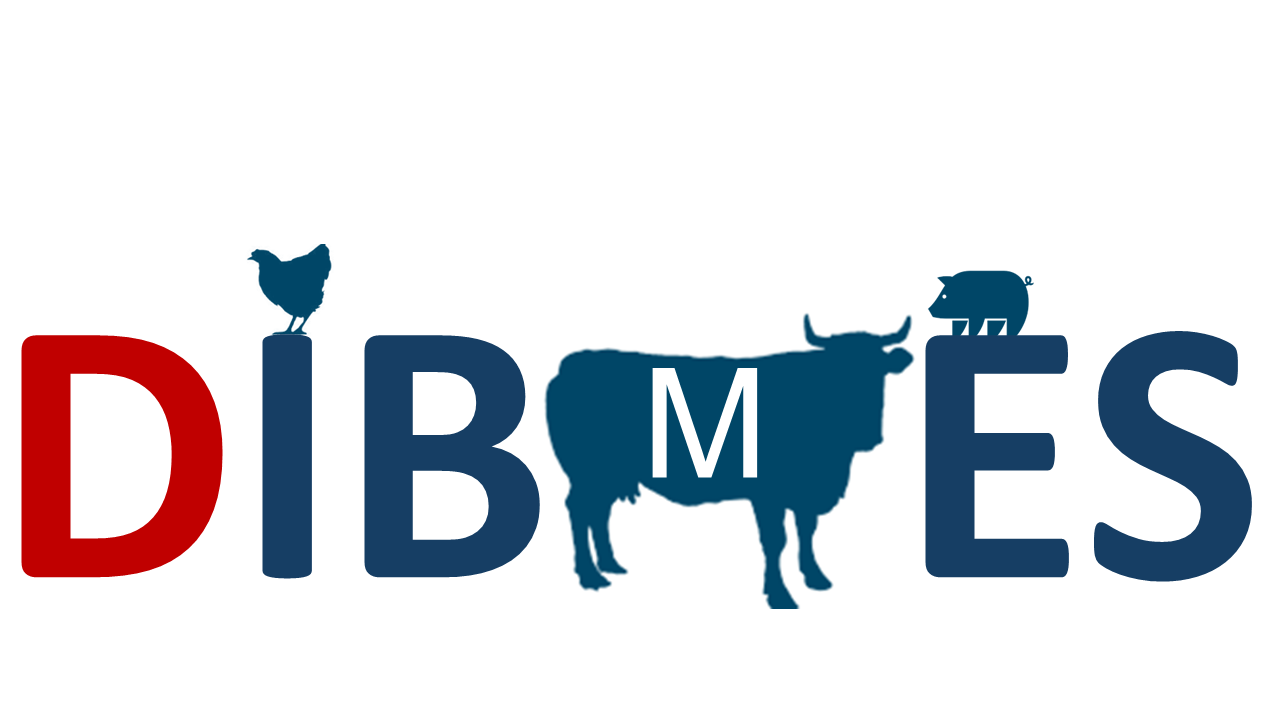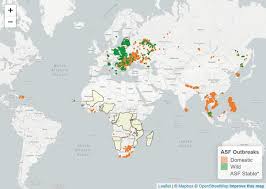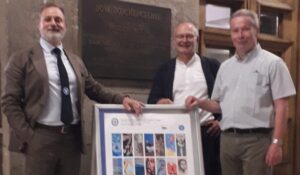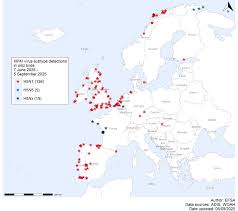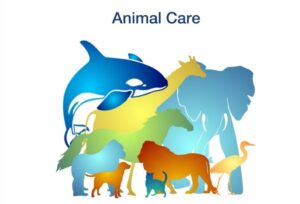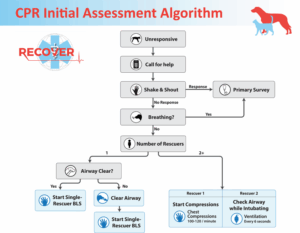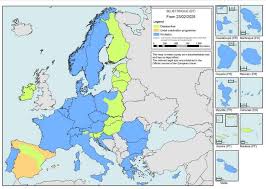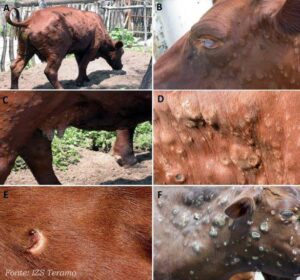Project: “Development and Integration of Multiplex Microfluidic Biosensors for Meat Safety Monitoring in Farm-to-Slaughterhouse Continuum (DIBMES)”
Funding: Innovation Fund, Republic of Serbia
Program: Proof of Concept (ID5524) & Technology Transfer (TT1125)
Partner Scientific Research Organizations: Institute of Meat Hygiene and Technology (INMES), Belgrade & BioSense Institute (BioSense), Novi Sad
Research team:
INMES
Dr. Ivan Nastasijević, Principal Research Scientist, Project Manager, Lead Researcher
Dr. Saša Janković, Senior Research Associate, Researcher
Dr. Radmila Mitrović, Research Associate, Researcher
BioSens
Dr. Vasa Radonić, Principal Research Scientist, Lead Researcher
Dr. Ivana Gađanski Stanić, Senior Research Associate, Researcher
Dr. Ivana Kundačina, Research Associate, Researcher
Title of invention
‘Microfluidic chamber with integrated biosensor electrodes for simultaneous detection of biomarkers for animal health, animal welfare and food safety`.
Application
A developed microfluidic biosensor is a powerful tool for enabling relevant Food Chain Information (FCI) flow in farm-to-fork (F2F) continuum, based on a low-cost and accurate Point-of-Care (POC) and Lab-on-a-Chip (LOC) device.
It is intended for farmers who want to monitor the health and welfare conditions of food producing animals (detection of biomarkers for general animal health and animal welfare); food business operators who want to control the production process (detection of food borne pathogens in processing, storage and distribution of food), assess their suppliers/farmers (farm biosecurity level), and meet regulatory requirements (process hygiene and food safety criteria); competent authorities (veterinary and food inspectors) and auditors to carry out early and accurate diagnostics on farm, at slaughterhouse, meat processing, retail; retailers to monitor the safety of the products during shelf life; consumers who want to check the food safety status of the foodstuffs; in biomedicine for personalized medicine (detection of selected blood parameters and intestinal tract contents, tumour biomarkers, drug testing); in environmental monitoring (detection of contaminants).
The invention can also contribute significantly to political and societal demands for changes in the food production system that should be valued by both, consumers (when changes create a new value) or government (when changes create societal value) facilitating One Health approach (environment-animal-human interface).
IP and Tangible Property Status
The IP rights are equally shared between two scientific research organizations (Institute of Meat Hygiene and Technology, Belgrade, Serbia and BioSense Institute, Novi Sad, Serbia).
The patent application has been submitted to the national Intellectual Property Office (IPO), Republic of Serbia (Number P-2024/0348, from March 22nd, 2024.). The process of current state-of-the-art search has been initiated by the IPO on 16 April 2024.
